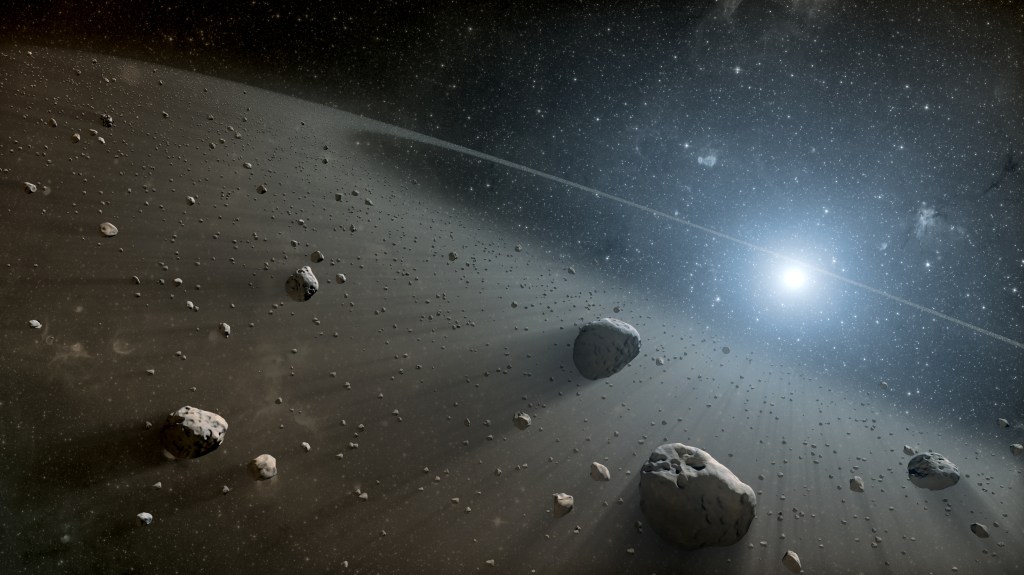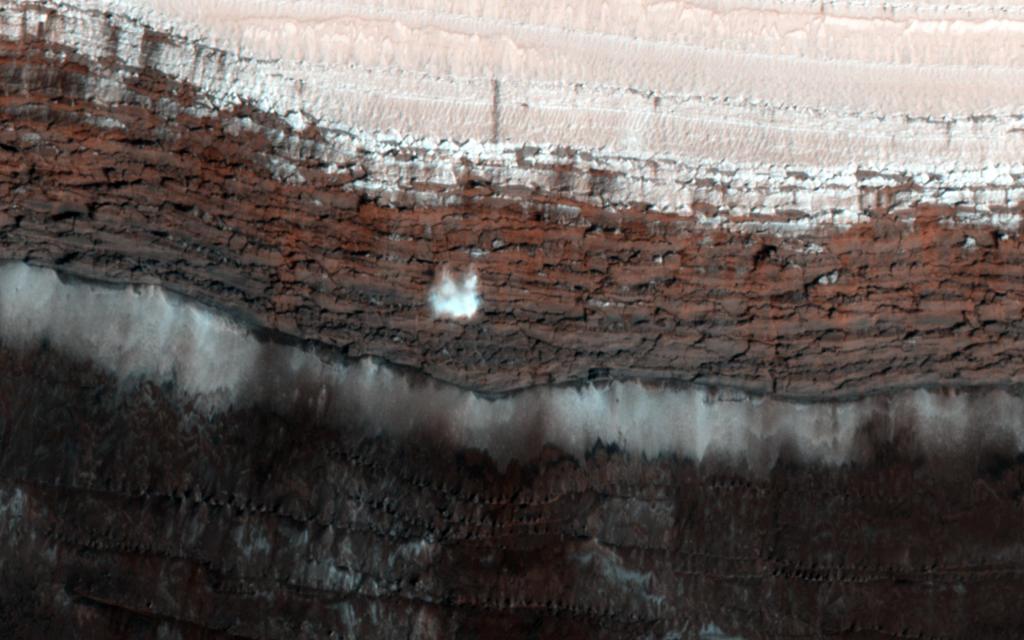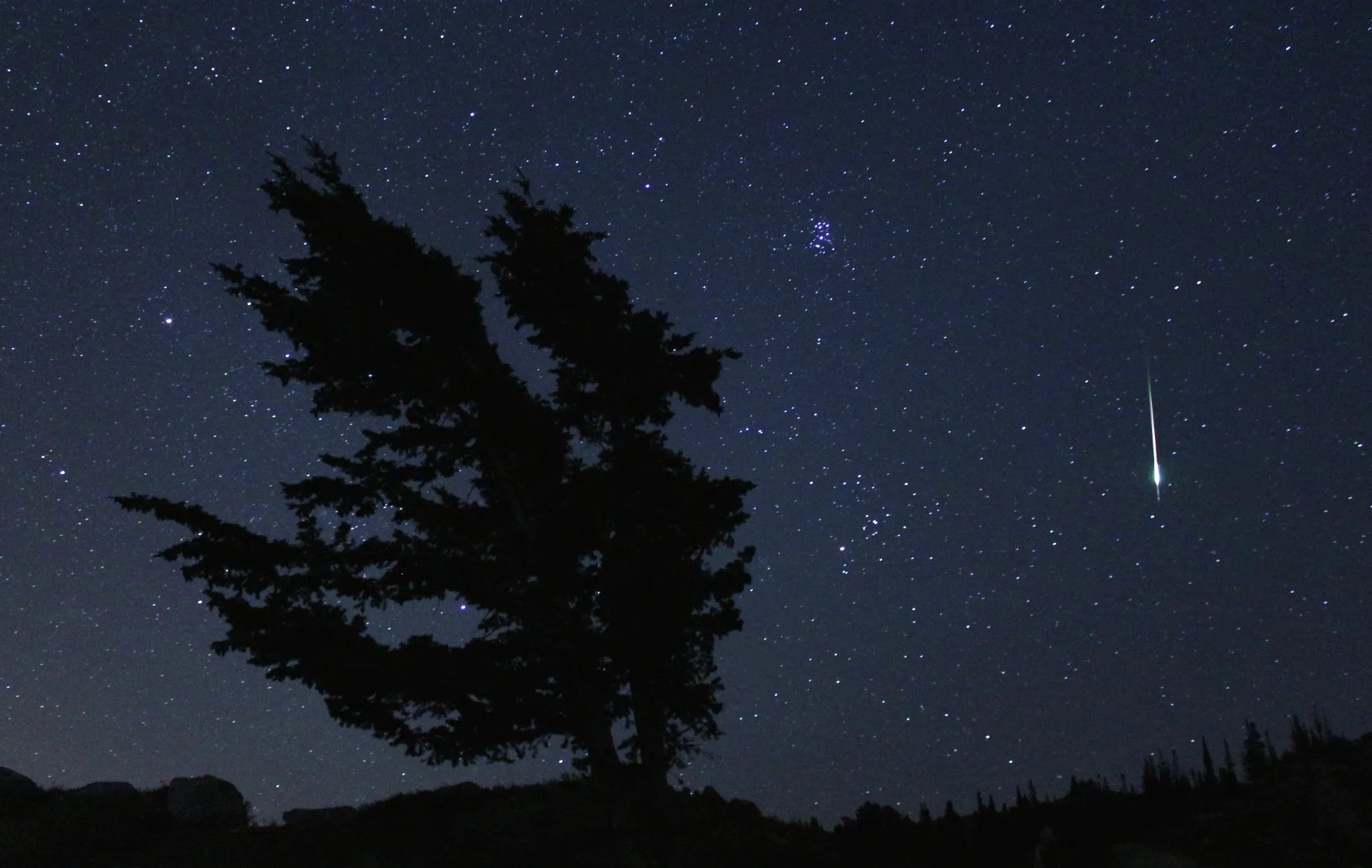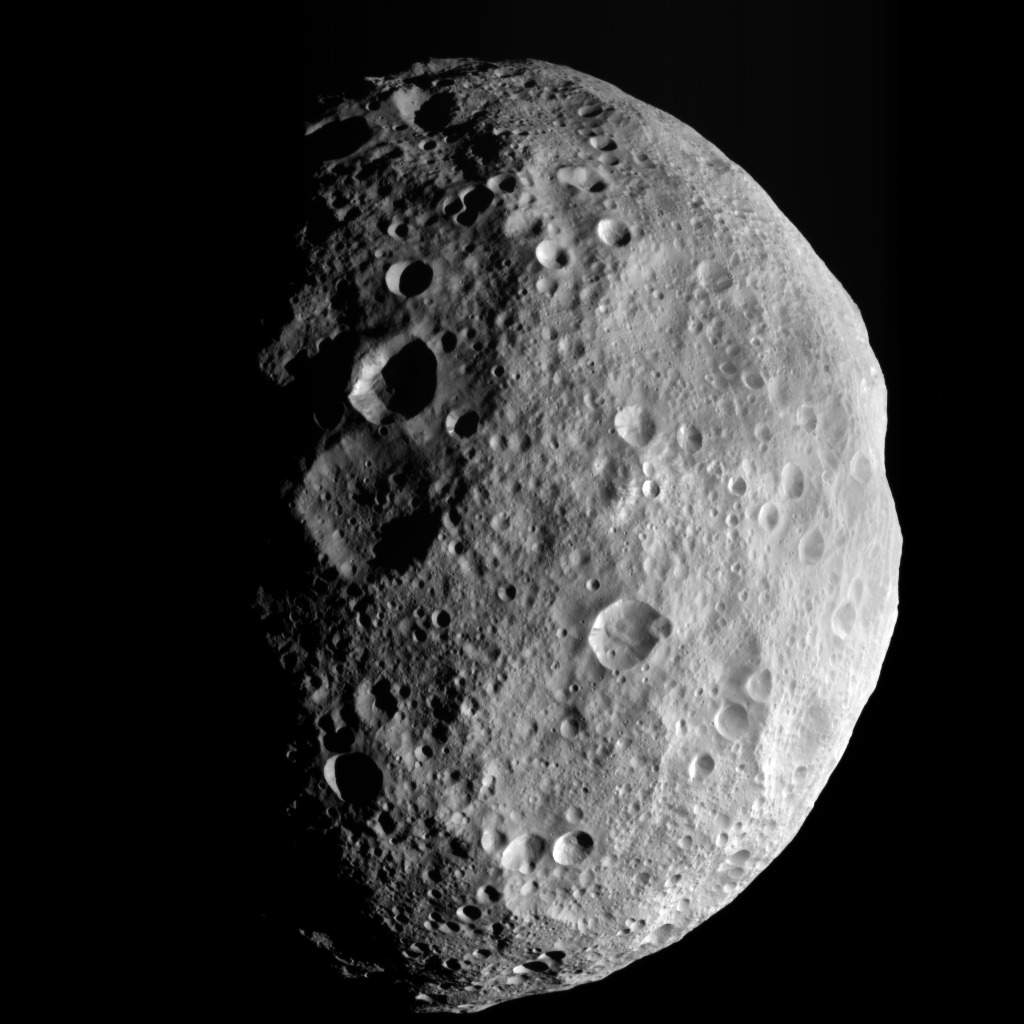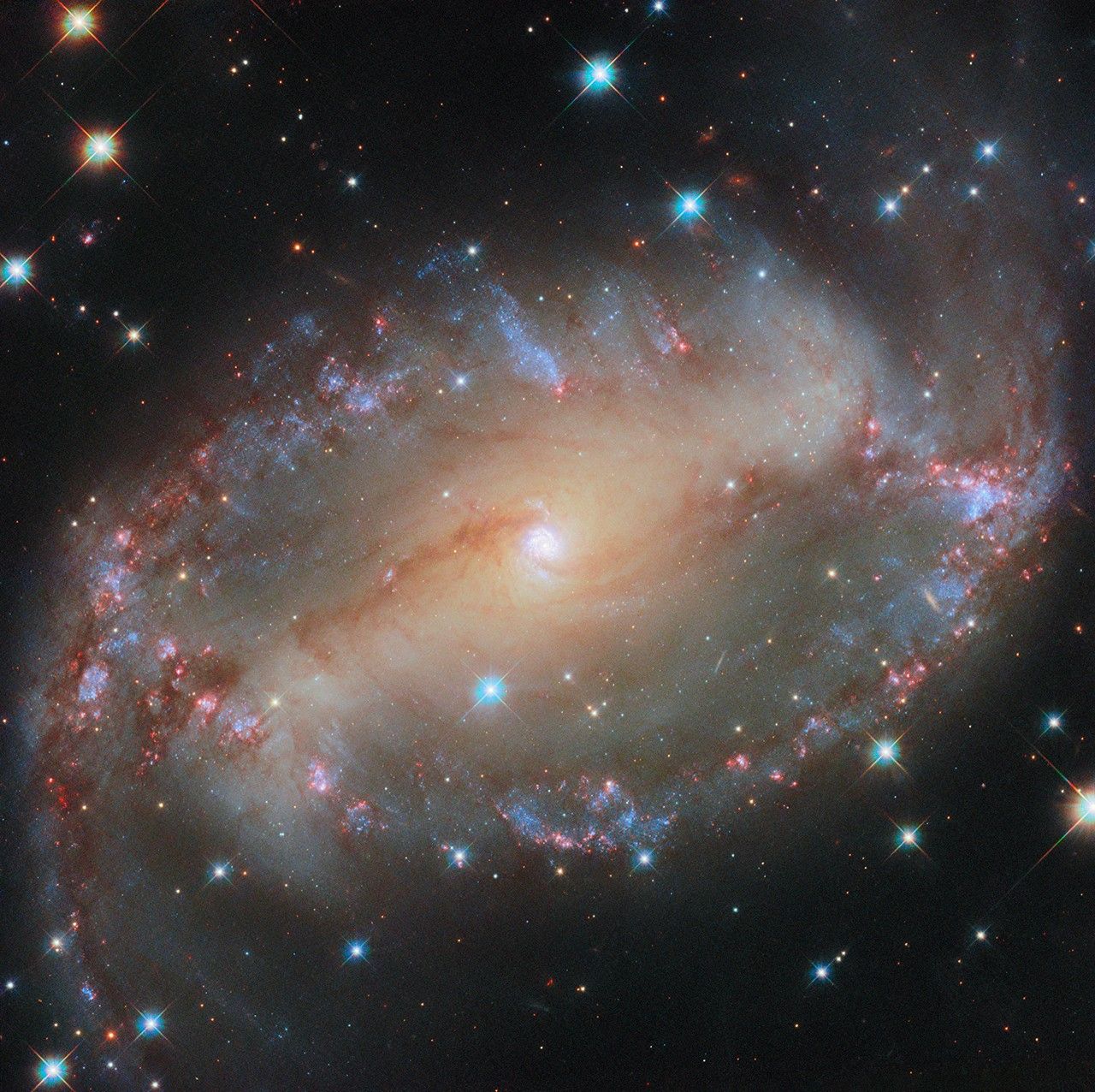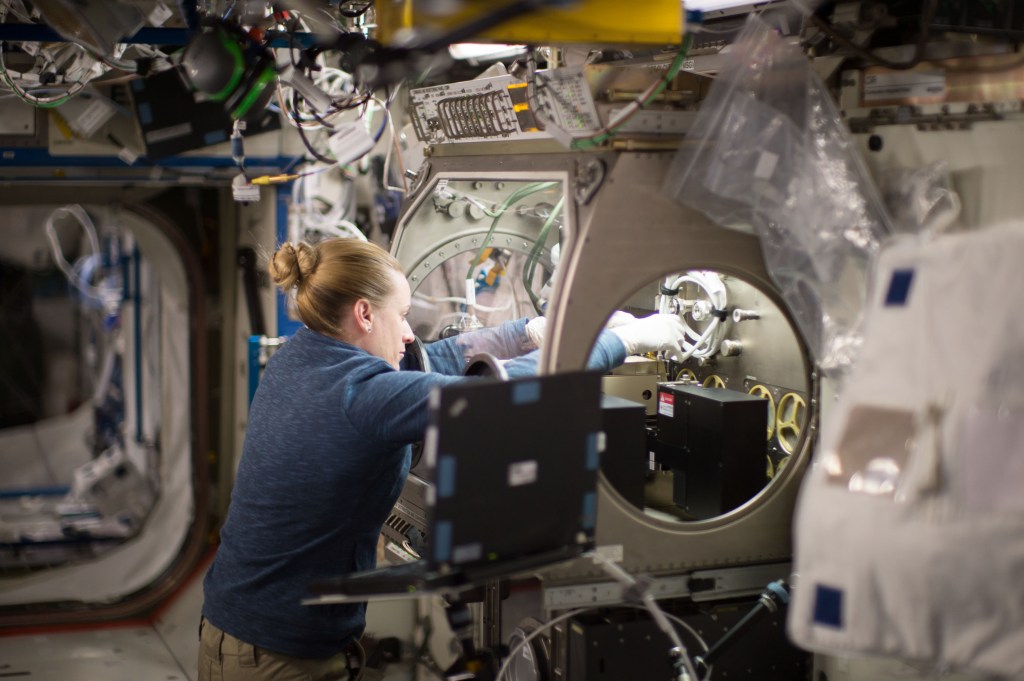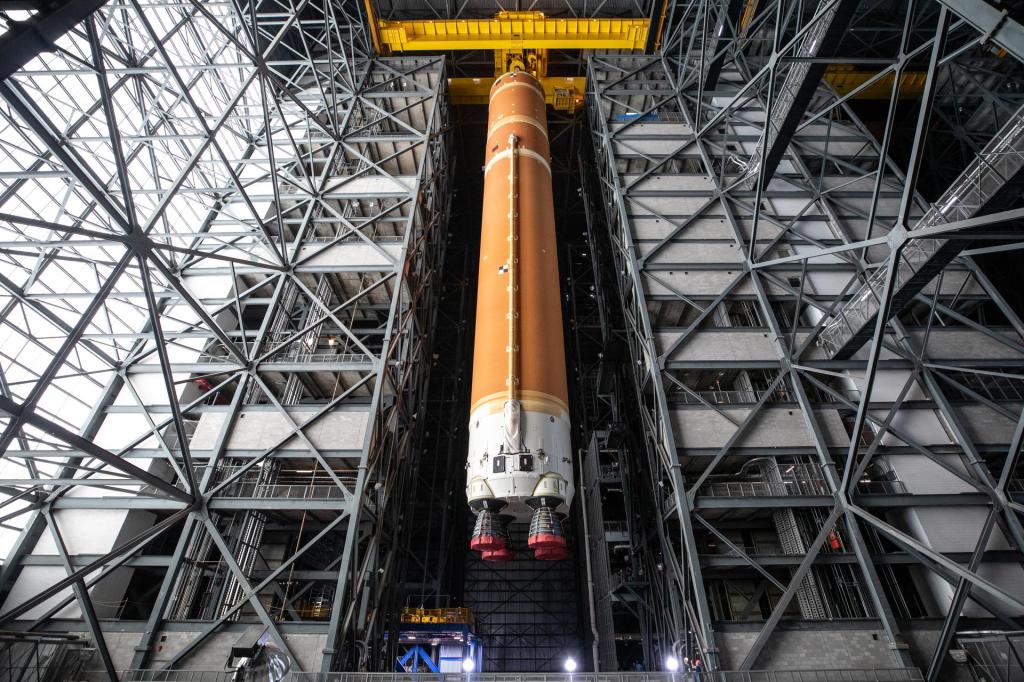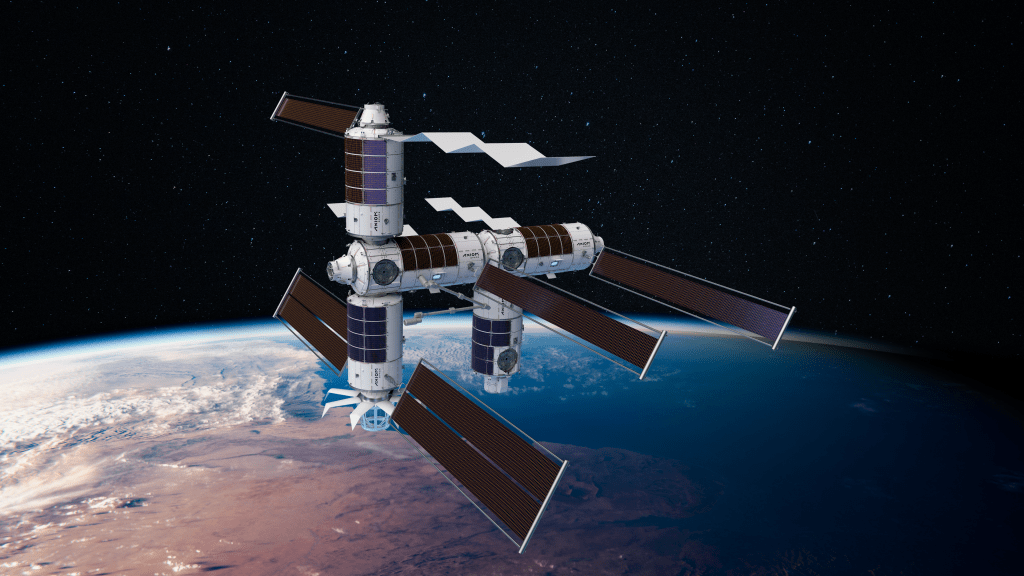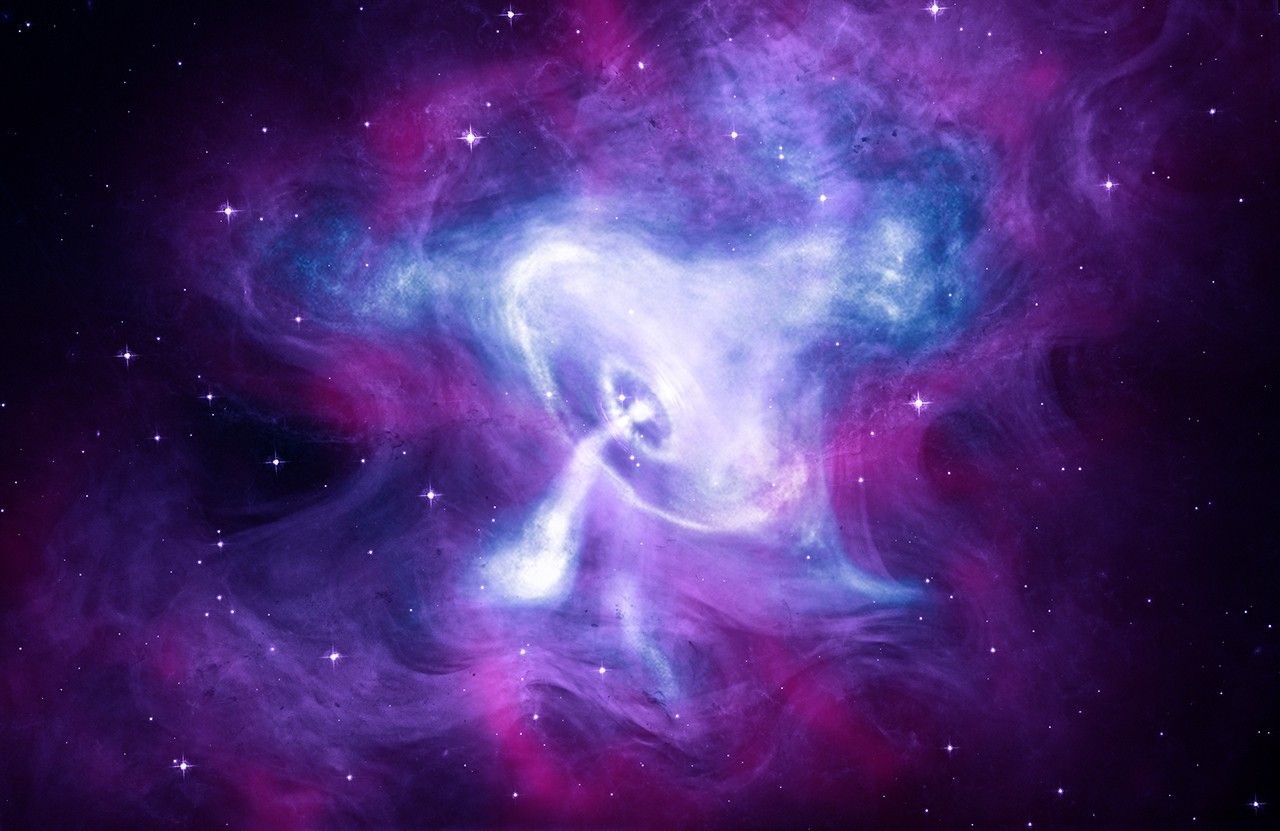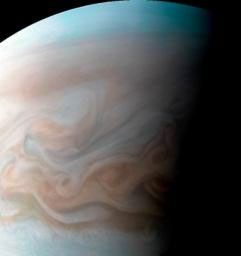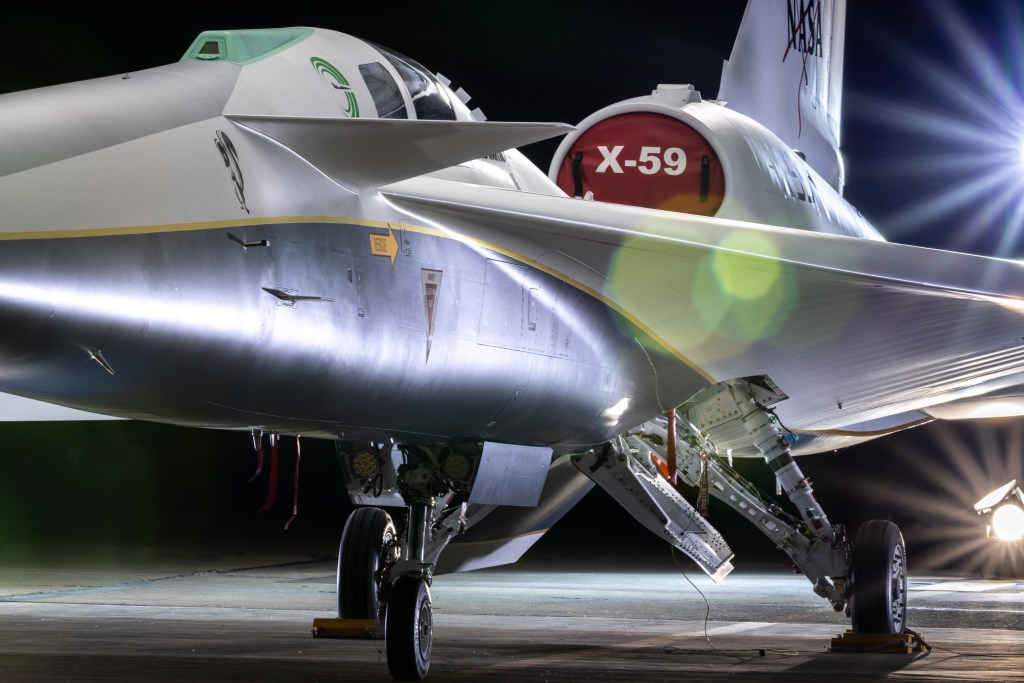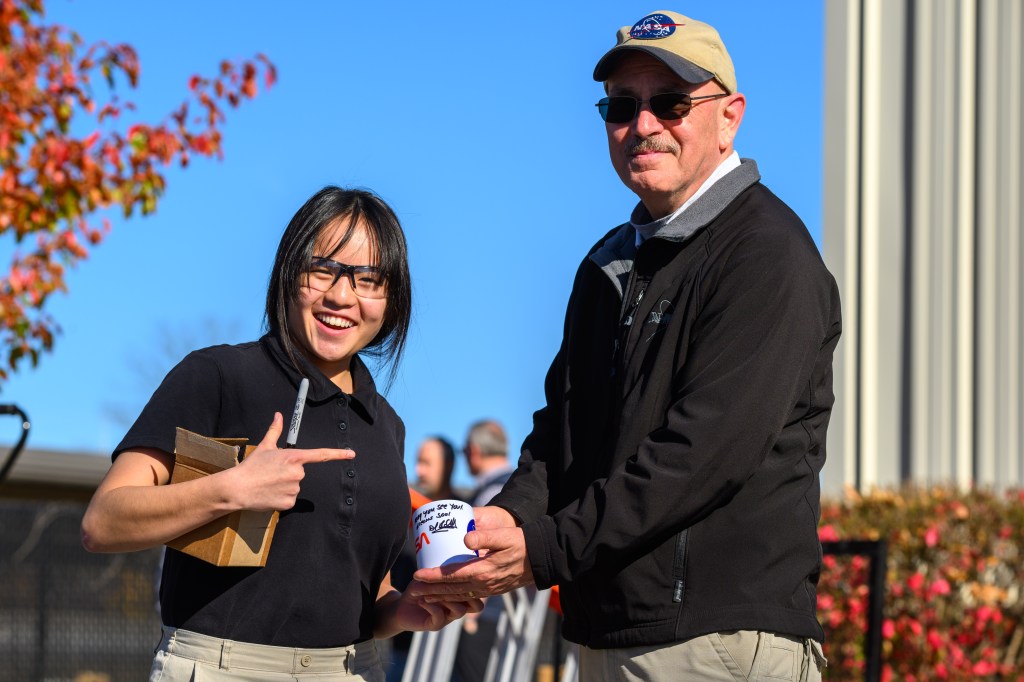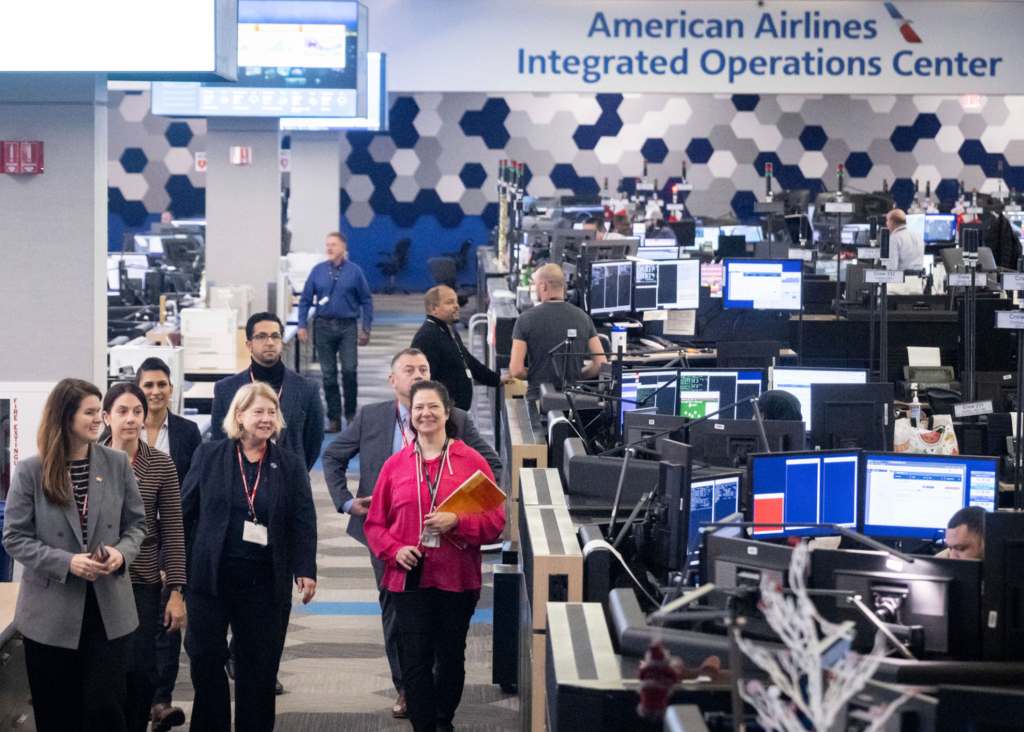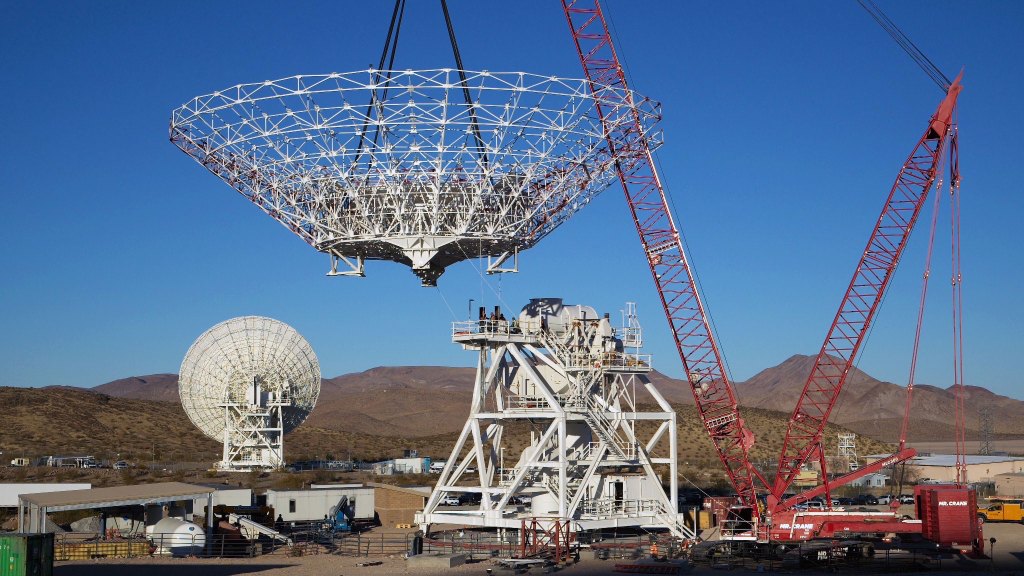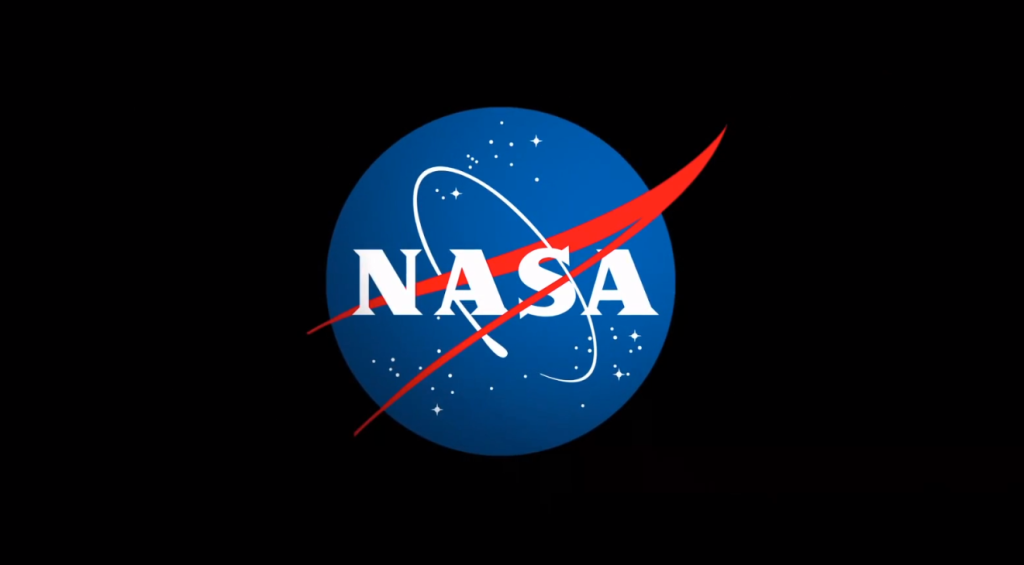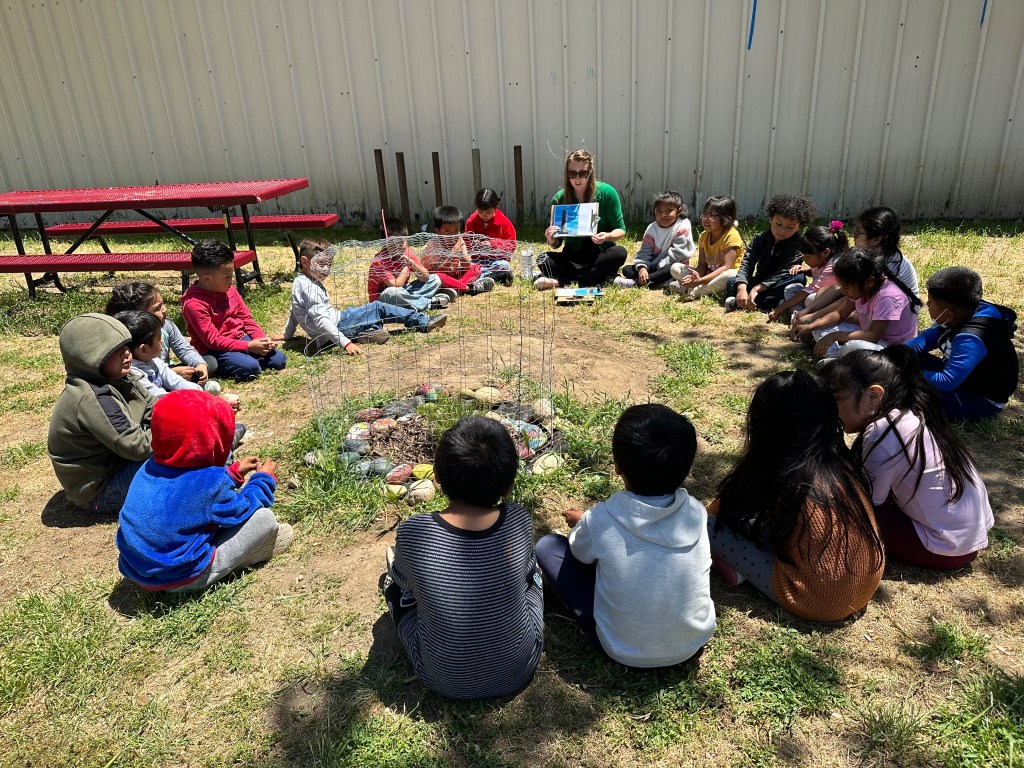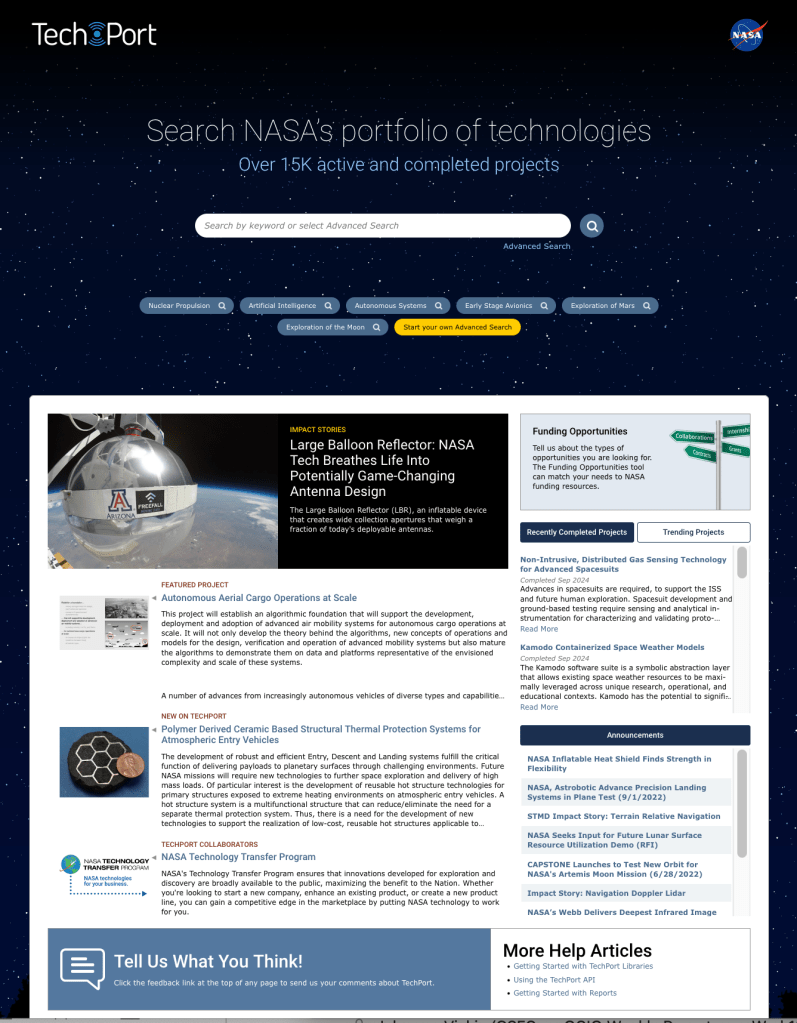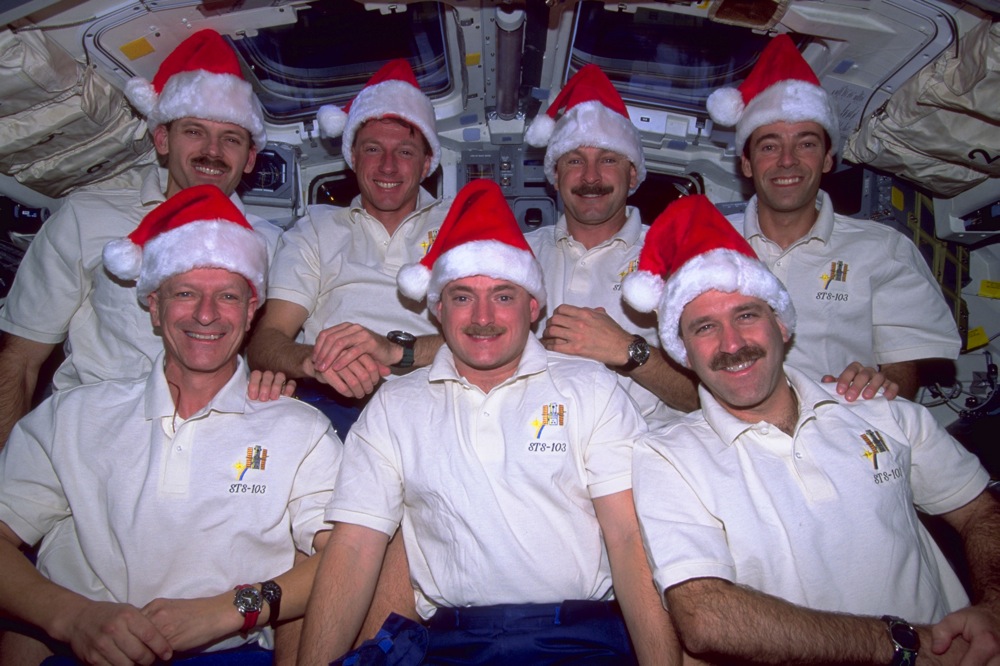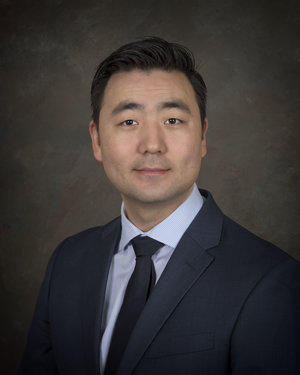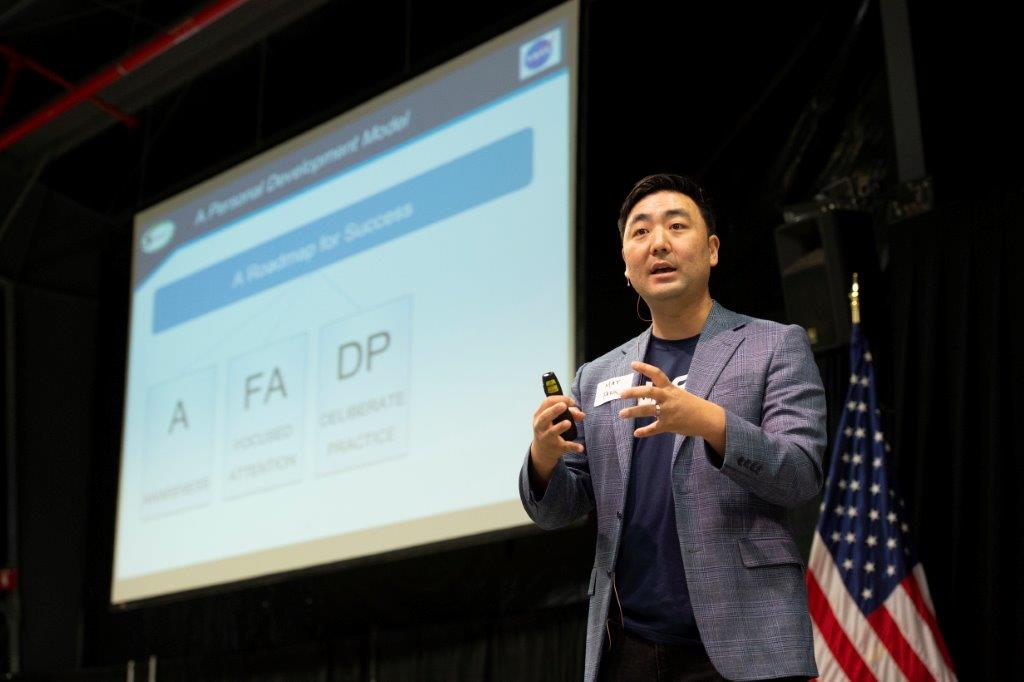Since 2015, Dr. Mat Park has been an organizational development specialist for NASA’s Marshall Space Flight Center in Huntsville, Alabama, first as a contractor with Aetos Systems of Huntsville, then as a NASA civil service employee supporting the agency nationwide. Working within the Office of Human Resources, he develops surveys, leads workshops and devises tactics to help NASA supervisors, civil service employees and contractors transition to new roles, adapt to changing organizational paradigms and embrace NASA business models to pursue new missions.
Park is a trained psychologist and consultant, a sports psychologist for numerous world-class sports figures and former chief resident in the Department of Psychiatry at the University of California-San Francisco Children’s Hospital in Oakland, California. He holds a 2010 master’s degree in sports psychology and a 2012 doctorate in psychology, both from John F. Kennedy University in Pleasant Hill, California.
What ignited your passion for space and led you to NASA?
It’s funny. Not in a million years did I ever imagine I would work for NASA. But I’ve always been most passionate about people, about helping them unlock their innermost potential, and that is ultimately what led me here. I was groomed my whole life to play golf on the Professional Golfers Association tour. I started at age 4 and competed at a very high level from the age of 6. I received a full scholarship to play Division 1 golf — and then my entire world flipped upside down. I developed performance anxiety. My confidence tanked and I couldn’t hit a ball or sink a putt for the life of me.
That led me to start working with a sport psychologist — and that’s when I found my calling. For the longest time, I viewed my natural tendencies to be empathetic, kind, supportive and patient as negatives barring my way as a competitive golfer. But when I discovered counseling and coaching, those same attributes became my superpower. They opened a door I never would have thought to open, and led me to NASA.
What has been the highlight of your NASA career to date?
There have been many since I joined NASA, but the one that immediately comes to mind was my time working closely with the leadership team in Marshall’s Office of the Chief Financial Officer. They were experiencing some growing pains, so our team devised a long-term strategic plan for the organization, predicting that things might stay challenging for a period as they adapted and evolved. But we knew if the leadership team continued to align, commit and press forward with the plan, positive results would start to show. They trusted us with the endeavor, and the plan worked. The results of the subsequent Federal Employment Viewpoint Survey demonstrated that, and a cultural shift began that has continued to improve ever since.
What excited me most about the project was twofold. First, it is very hard to change culture and ingrained behavior — but when it works, it’s beautiful. Second, leadership trusted us and went all in. That can be a very difficult thing for any leadership team to do unless they believe in the process. So it was a very rewarding endeavor. Organizational leadership development is very similar to working with a sports team. It’s my job to help the team work together as cohesively and effectively as possible to fulfill its mission.
What has been the biggest obstacle you’ve overcome to be where you are today?
One of the biggest challenges I struggled with all my life was feeling like I was “not enough.” That may have stemmed from my Korean American upbringing, pursuing an always-do-more work ethic or constantly pursuing a sport that can’t be mastered, golf! That “not enough” syndrome haunted me for the majority of my life, until I realized that happiness isn’t something I could reach out and grab, or work harder to achieve it. Happiness was something I needed to find within myself, shifting my perspective to generate more of it in my life. Practicing mindfulness and self-compassion have helped me tremendously to combat that negative mindset.
What advice would you offer to the Artemis generation?
Be the change. Definitely easier said than done! But I really want the Artemis generation to grasp the opportunities available to them right now to shape our future in space. Yes, we build on so much history at NASA, working at historic sites, standing on the shoulders of giants, but the future requires vision and self-determination, just as it always has done. Get in the ring. Reach out. Speak out. No one else can tell young people what their generation will be or should be. Make it yourselves. Be proactive, carve yourself a place in history and help today’s leaders craft the future you want to see realized.
What makes you proudest of the Marshall team during the COVID-19 crisis?
This team is incredible. I saw firsthand how Marshall Director Jody Singer and the leadership team rose to the occasion, created contingency plans and went into protect-the-team mode. Her leadership through this crisis — with her colleagues, with the public and with the entire Marshall community — has been nothing short of exemplary. A person’s values and priorities are most evident in times of crisis, and I’m honored to be part of a team with leadership like ours.
I believe we are going to rise up from the changes now taking place across NASA and the nation, as painful as they’ve been for so many of us. The entire COVID-19 experience will reshape the way we think, behave and move forward. How we embrace those changes will determine our future, and help prepare the way for the Artemis generation. This, ultimately, is my passion — helping to forge that new path for the people in this business we love.

